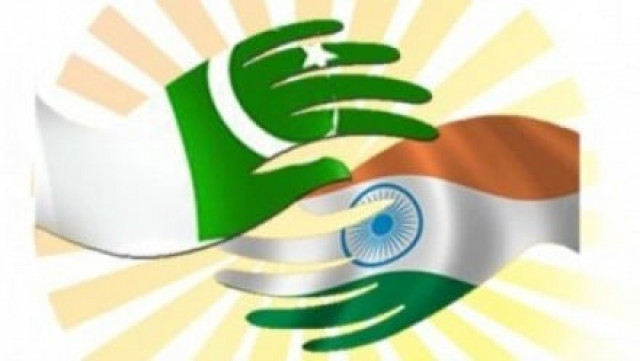Indo-Pak relations: Biztek helps clear the air
Biztek brings speakers from India and Pakistan together to promote tolerance between the two nations.

To some Pakistanis, tolerance towards India is considered almost unpatriotic. In an attempt to eradicate such narrow-minded sentiments, the Institute of Business and Technology (Biztek) brought speakers from both countries together at an international seminar on ‘The Changing Times and Indo-Pak Relations’ on Saturday.
Host Azra Maqsood began the proceedings with a common interest - cricket. “Many speakers have taken out time from watching the Pakistan versus Australia match to be here today, so we’d better hurry.”
Addressing a packed room at Avari Towers, Indian journalist Kuldip Nayar began his speech with a conversation he had had with the Quaid in 1946. Speaking to Muhammad Ali Jinnah at the Forman Christian College where he studied law, Nayyar expressed the fear that “we might jump at each other’s throats” to which Jinnah had replied, “Young man, I assure you. We shall be the best of friends (despite our differences).”
Sialkot-born Nayar claimed it was his “dream to see both countries on friendlier terms.” He was ridiculed for supporting the practice of lighting candles for peace at the Wagah border. “Now people come in droves to light candles and sing songs of peace.”
Moving the discussion away from a redundant blame game, Nayar opted to spell out some core issues, inevitably landing on the Kashmir dispute. “The general perception harboured in Pakistan,” he observed, “is that if the Kashmir issue is solved all issues will resolve easily.”
However, he felt that neither war, nor religion, would solve anything. Lack of trust, he felt, was more pertinent than any other issue between the three parties. “In India we have not been able to establish a secular democratic unity properly. Religion is not, and will never be, a solution. It is the question of what the Kashmiris want.”
Nayar diplomatically manoeuvered the dangerous waters of the Indus Water Treaty as well, accepting that, “Pakistan at times, sometimes rightly so, blames India for its water issues. And, at times, so does India.” An integrated development of all six rivers was his solution.
Taking a jibe at “mind-set bureaucrats”, Nayar said that “they are the ones who did not allow reconciliation” in reply to a question about what stands between the two countries.
An elderly man from the audience felt an urgent need to let Nayar know that as “you have half of my wife’s name,” they had a special bond. He went on to recite a couplet for him amid gales of laughter.
Sunjay Nuhar amused the participants with his anecdotes and one-liners.
Indian parliament lower house member Shahid Siddiqui indirectly hinted that minorities in India enjoyed more freedom and have easier access to law.
Pakistani journalist Ghazi Salahuddin shared Nayar’s dream of peace, citing the example set by the German and the French, who achieved peace after decades of enmity and 70 million deaths in World War II. Salahuddin ended his speech with the germane observation that “regions make progress. Countries don’t.”
Published in The Express Tribune, March 20th, 2011.



















COMMENTS
Comments are moderated and generally will be posted if they are on-topic and not abusive.
For more information, please see our Comments FAQ